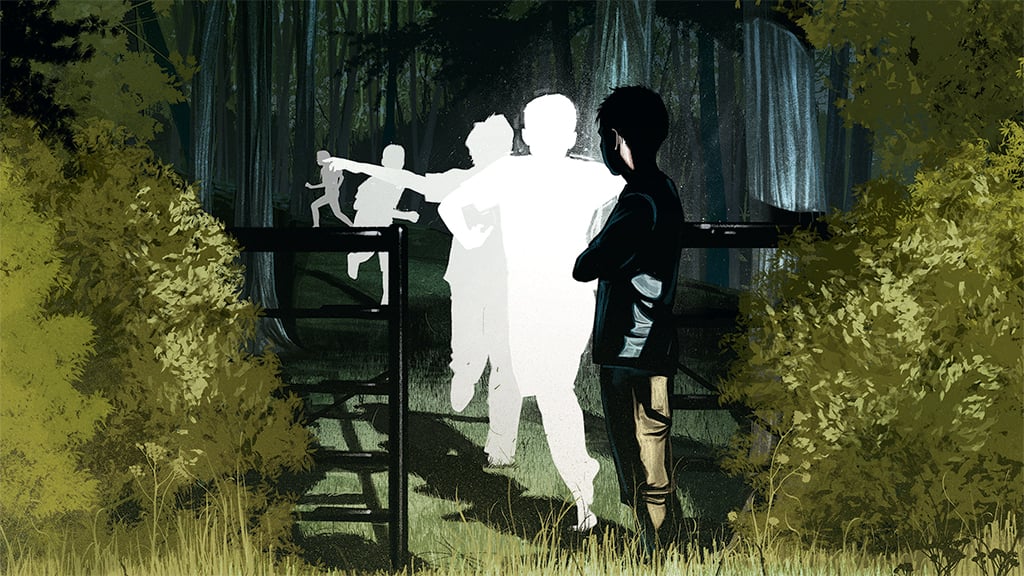The stories are, by now, familiar. “The man who washes cars,” David Shipler writes, “does not own one. The clerk who files canceled checks at the bank has $2.02 in her own account. The woman who copyedits medical textbooks has not been to a dentist in a decade.”
Much has been said about the working poor in recent years, from books—Barbara Ehrenreich’s Nickel and Dimed, Beth Shulman’s The Betrayal of Work, Jennifer Johnson’s Getting By on the Minimum—to campaign stump speeches (John Kerry’s Web site touts “a plan to ensure that workers can achieve the American Dream in our changing economy”). The promise of opportunity regardless of class, color, or creed is the most fundamental feature of the American ethos. All it takes, we’re taught, is a little work. The stories of the working poor defy that promise. The intersection of employment and poverty is where the fairy tale fails.
Meet Peaches, who began working in a factory at age eight, was raped while enrolled in the Job Corps, and was abused by a parade of boyfriends. Even when she found a job operating copy machines in a DC law firm, she still lived in a homeless shelter.
Or take Claudio and his wife, illegal immigrants from Mexico who had paid $2,700 to a “coyote”—a smuggler of humans—to take them across the border and were still paying off the debt gathering sweet potatoes for 40 cents a bucket.
Or Tom and Kara King: Tom, a high-school dropout and alcoholic; Kara, epileptic and diagnosed with an aggressive lymphoma, the mother of two sons by her first, abusive husband. They lived in a rental house and bartered for food. But they worked. Always worked.
This is the Anti-Myth writ large, in human lives.
Although Shipler’s book is no more compelling than others of its genre, it should have a special resonance for Washingtonians—not just because we live in a city where more than 20 percent of the population lives below poverty level but also because the author lives in Chevy Chase and so many of his subjects are from our area. As Shipler writes, “The first step [to ending poverty] is to see the problems, and the first problem is the failure to see the people.”
Author:
David K. Shipler
Publisher:
Knopf
Price:
$25


















